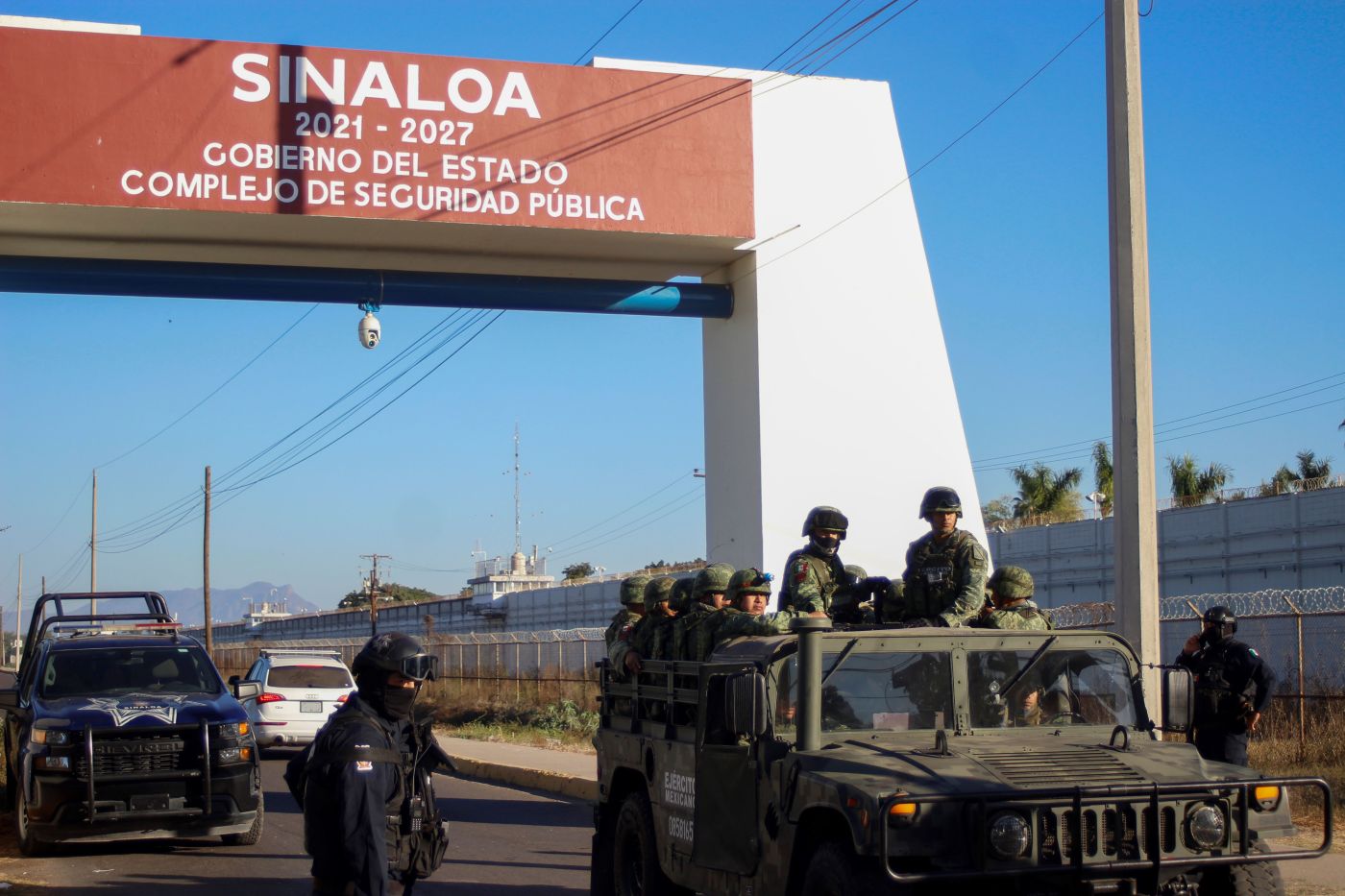
Davies: Pass FEND Off Fentanyl to fight opioid crisis
As the U.S. opioid crisis spirals further out of control, and threatens to engulf Europe, the U.S. government has been scrambling in recent weeks for solutions. Some are sensible, if misguided, such as the Biden administration’s “fentanyl strike force” within the Treasury Department to aggressively scrutinize the finances of suspected narcotics dealers. Others, such as proposals from prominent GOP figures to bomb Mexico are plain outlandish.
Unfortunately, the only realistic solution is currently languishing in the limbo of the House of Representatives, its future uncertain. The Fentanyl Eradication and Narcotics Deterrence (FEND) Off Fentanyl bill, blocked since December, proposes what Biden’s Mexico-targeted financial strike force and the GOP’s more bellicose propositions do not: sanctions targeting not only the illicit drug trade but crucially the money laundering that makes it possible. In other words, it targets not just Mexico, home of the cartels that are producing and selling the fentanyl, but also where the cartels are hiding, laundering and ultimately reinvesting their ill-gotten gains.
The US has substantially tackled cartel money being funneled through the Caribbean and other central American tax havens, so the cartels have naturally looked elsewhere. Today, the money laundering hub of choice for the world’s criminal organizations is Dubai, increasingly a haven for the wrong kind of people with the wrong kind of money. Since Russia’s invasion of Ukraine, it is where first the Kremlin’s oligarchs found safe harbor for themselves and their families, but now also where US sanction-busting trading is undertaken to support Putin’s war economy. Only last month the US sanctioned a number of Emirati companies for selling aircraft parts and equipment to Russian firms. Under American pressure, the UAE agreed to tighten scrutiny of sanctions evasion. But few believe it will be enough.
Certainly, these actions will not address the fact that fentanyl drug cartels are laundering their money using tax havens such as Dubai. A recent undercover investigation into the business practices of the Sinaloa Cartel published by French national newspaper Le Monde showed just how eager Dubai’s financial institutions were to facilitate this deadly trade. Undercover recordings capture financiers offering to clean up to $50 million in drug money through cash deposits and investment trusts. At the same time the financiers propose the cartel acquire property – which can be purchased in cash, no questions asked – in Dubai. In good time the property would then be sold, and the proceeds “cleaned” into bank accounts.
Better known to many as a glamorous holiday destination and for its recent hosting of COP28, this other face of Dubai will likely surprise many readers. But as an international lawyer representing a number of British and American business people arbitrarily detained in Dubai’s jails, without fair trial and with the UN calling for their release, I am more than familiar with this darker side of business in Dubai. Legitimate businessmen are locked up, without trial, warning or process, while cartels and other criminal organizations are enriched and protected in the world’s most opaque tax haven.
That is why the US must be much tougher on places like Dubai. The cartels’ ultimate financial power is not in Mexico but where they store the money. America must make it far harder for them to hold it there. At the end of the day, these cartels are highly professional, structured and organized businesses. They will always have willing buyers and be willing sellers until that time when they cannot bank their profits.
That makes the United States’ crucial steps political. They must apply maximum geopolitical pressure on the Emirati authorities until they change their financial laws, close loopholes, and make Dubai a legal financial center rather than the financial black hole it has become. Until this is done all of Biden’s fentanyl strike forces and the GOP’s planned military strikes will fail to connect with their target. That is why the FEND off Fentanyl Act must pass. The U.S. must follow the money and not just the financing to where it is stored. Only when drug barons have nowhere to hide their ill-gotten gains will they stop producing fentanyl in the tonnage that is driving the opioid pandemic in American cities.
Rhys Davies is an international lawyer representing a number of British and American business people arbitrarily detained in Dubai
The skyline of Dubai, which the author writes is the money laundering hub of choice for the world’s criminal organizations. (AP Photo/Kamran Jebreili)

